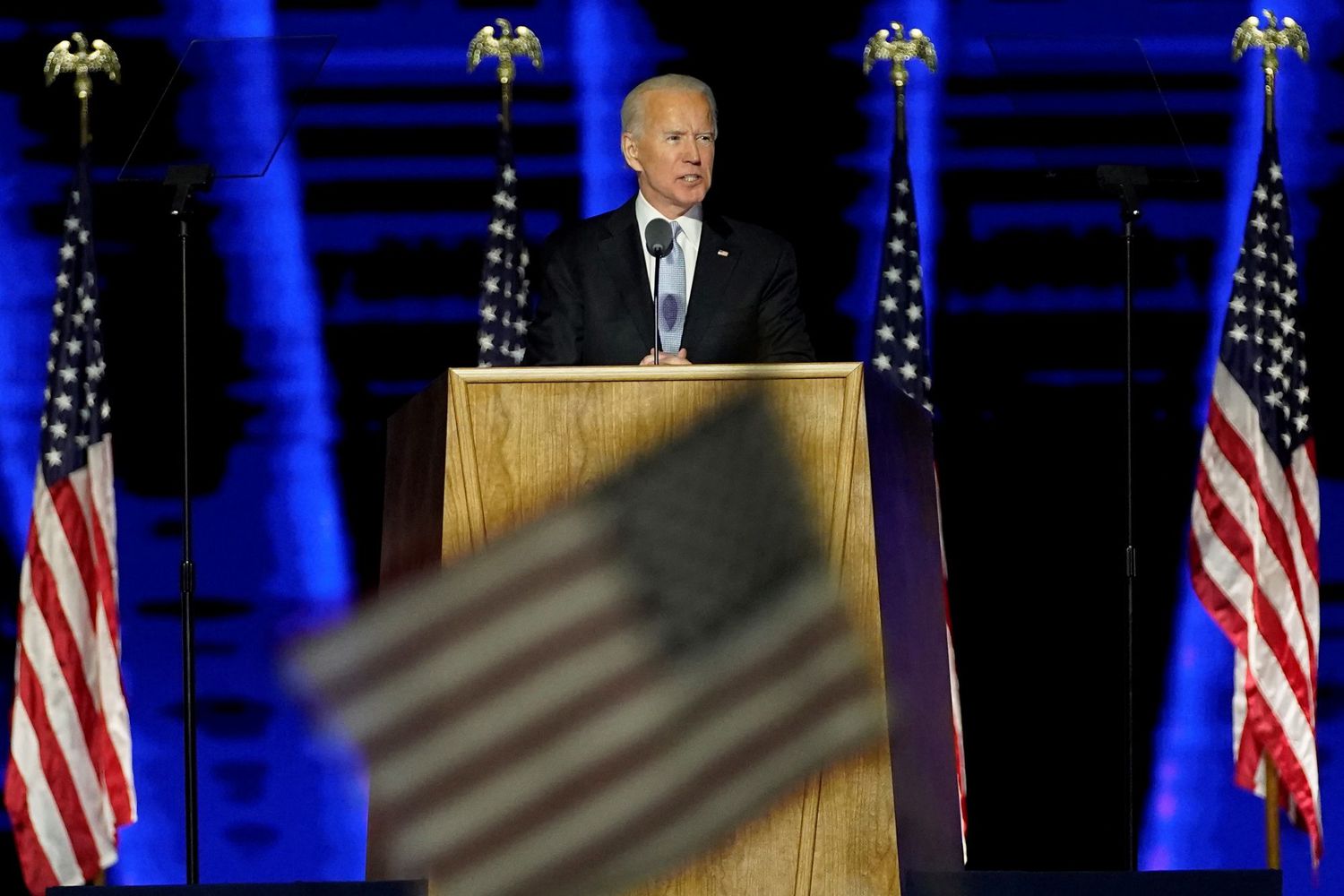Supreme Court Rejects Texas Lawsuit Challenging the 2020 Election Results

In what would appear to be a final death knell in President Donald Trump’s efforts to overturn the 2020 election through lawsuits, the Supreme Court rejected Texas’ lawsuit aimed at throwing out the results in four swing states the president lost.
"Texas has not demonstrated a judicially cognizable interest in the manner in which another State conducts its elections," the Supreme Court said, in an anticipated ruling that came three days before the Electoral College affirms President-elect Joe Biden as the 46th President of the United States.
"All other pending motions are dismissed as moot," the unsigned order stated.
Legal experts largely anticipated the Supreme Court’s decision would play out the way it did, with one election law professor telling PEOPLE this week that the lawsuit, filed Tuesday by Texas Attorney General Ken Paxton, was nothing more than a "publicity stunt."


“There is no precedent for a case like this,” said Richard Hasen, a law professor at the University of California, Irvine.
The Texas lawsuit, which asked the country’s highest court to deny the election results in Georgia, Michigan, Pennsylvania and Wisconsin — four states where Biden, 78, defeated Trump, 74 — arguing their results affected the will of Texas’ voters, was criticized by both Democratic and Republican officials this week.
"There’s no authority for one state to sue another state to change how that state conducts their elections," Hasen added, echoing comments from bipartisan critics who said the lawsuit was inherently undemocratic.
"Texas is a big state, but I don't know exactly why it has a right to tell four other states how to run their elections," Sen. Lamar Alexander, a Republican from Tennessee, told NBC's Meet the Press.
"That doesn't sound like a very Republican argument to me," Alexander added.

Sen. John Cornyn, a leading Republican from Texas, told CNN this week: "I frankly struggle to understand the legal theory of it."
"Why would a state, even such a great state as Texas, have a say-so on how other states administer their elections?" Cornyn asked.
Others, like Nebraska Sen. Ben Sasse, a Republican, saw holes in the lawsuits' merits: "All of the assertions have already been rejected by federal courts and Texas' own solicitor general isn't signing on," he said.
Still, the lawsuit gained significant traction among the president’s most fervent GOP supporters and loomed as a glaring example of the country’s political divide.
The Texas attorney general’s lawsuit was supported by 16 attorneys general from other states — all Republicans — as well as Trump. On Thursday, 106 GOP members of the House of Representatives filed an amicus brief agreeing the election should be tossed in those four states.
The four states in question all filed briefs with the Supreme Court on Thursday responding to Texas’ initial filing.
"Let us be clear," Pennsylvania’s brief read, "Texas invites this court to overthrow the votes of the American people and choose the next president of the United States."
But the mission, even after all 50 states certified their election results this week, failed once the Supreme Court rejected the case.
Biden’s election win is expected to be confirmed by the Electoral College on Monday and will be sworn in as the 46th president next month.
Source: Read Full Article

